Sobota Anglistów – na dobry początek nowego roku szkolnego
Status:
rejestracja zamknięta
Adresaci:
nauczyciele języka angielskiego ze szkół podstawowych i ponadpodstawowych woj. pomorskiego.
Termin:
7 września 2024 (sobota), godz. 09:00-15:00
Forma i czas trwania:
O szkoleniu / programie:
Zapraszamy nauczycieli języka angielskiego do udziału w minikonferencji wypełnionej praktycznymi pomysłami, które inspirują do własnego rozwoju i które warto wykorzystać w pracy z uczniami.
Sesja plenarna, kilka sesji warsztatowych oraz przestrzeń do wymiany doświadczeń i rozmowy ze specjalistami z zakresu edukacji językowej – oto co przygotowali dla Państwa współorganizatorzy tego wyjątkowego wydarzenia: Departament Stanu USA, Fundacja British Council, Stowarzyszenie Nauczycieli Języka Angielskiego w Polsce IATEFL Poland oraz Pomorskie Centrum Edukacji Nauczycieli w Gdańsku.
Uwaga: Aby wziąć udział w wydarzeniu, należy zarejestrować się w systemie obsługi szkoleń PCEN oraz wypełnić formularz wyboru warsztatów.
Formularz wyboru warsztatów: otwórz
| 9.00-9.30 | participant registration and welcome coffee/tea – level 300, room 319 |
| 9.30-11.20 | welcoming: Tomasz Kąkol, deputy director of Pomorskie Centrum Edukacji Nauczycieli w Gdańsku presentations by conference partners: 9.35-10.05: Jen MacArthur, Regional English Language Officer, U.S. Embassy Warsaw 10.05-10.30: Rob Howard, Stowarzyszenie Nauczycieli Języka Angielskiego w Polsce IATEFL Poland 10.30-10.40: Małgorzata Bukowska-Ulatowska, Pomorskie Centrum Edukacji Nauczycieli w Gdańsku 10.40-11.20: Empowering Education: Understanding Teachers’ Needs in Multicultural Classes: a raport by British Council, Karolina Kasperska, Fundacja British Council In this talk, a report developed by British Council Poland addressing the impact of the war-induced influx of Ukrainian students will be presented. The report highlights the key challenges and risks in the Polish education system, and offers 12 actionable recommendations for schools and educators. host: Małgorzata Bukowska-Ulatowska, PCEN room 319 or 318 |
| 11.30-13.00 | workshop session 1: 1. Enhance Your Students' Skills Using Free Online Materials from British Council – Listening & Writing, Piotr Pluskota, Fundacja British Council – room 312, 25 seats (separate registration required) During this session, participants will learn where to find free online materials and how to use them. The trainer will demonstrate how to assess students' work according to the guidelines. The second part of the session will focus on improving writing skills using various materials, resources, and assignments.
2. Local Focus: Looking close to home to learn skills that will take your students far, Jen MacArthur, Regional English Language Officer, U.S. Embassy Warsaw – room 316, 25 seats (separate registration required) ELT materials often help students to understand faraway places – and that’s great!, but teachers and students can also look out their own front doors to create lessons and activities to practice language and develop essential skills such as critical thinking, curiosity, communication, and empathy. This workshop will demonstrate several simple interdisciplinary and locally-focused activities teachers can adapt for their own use in the English classroom during the upcoming school year. 3. UPSKILL or Standstill: The Need to Retool Ourselves, Rob Howard, IATEFL Poland – room 317, 25 seats (separate registration required) It is estimated that soon 87% of global business will take place in English. Yet students, although they can speak well in day-to-day conversations, still lack the professional communication skills required by employers today. More attention to empathy, reactivity, and awareness must be realized to help future employees achieve success in the English-speaking workplace. Everyone is talking about Lingua Franca, 21st Century Skills, the Soft Skills, the 4C's, and what learners will need in the future, but where are the practical takeaways that we could and should be using right now? With AI hot on our heels, learners need a change in teaching tactics, focus, and outcomes that most teachers aren’t prepared for. This workshop will visit the problem and predict a more constructive future. We will cover: Current and future needs, AI’s impact on learning, presentation skills, intelligent instructions, case studies, frameworks, storybuilding and more. |
| 13.00-13.30 | coffee break, exchange of experiences and conversations with language education specialists – room 319 |
| 13.30-15.00 | workshop session 2: 1. Enhance Your Students' Skills Using Free Online Materials from British Council – Reading & Speaking, Piotr Pluskota, Fundacja British Council – room 312, 25 seats (separate registration required) The aim of the session is to offer participants a range of practical teaching tips. This workshop covers assessment procedures and how to evaluate students' speaking and reading skills. Training materials will be provided, and during the workshop, participants will be encouraged to ask questions about all aspects of speaking and reading. 2. 13.30-14.30: Artificial Intelligence and English Language Teaching: Preparing for the Future: a raport by British Council, Karolina Kasperska, Fundacja British Council – room 316, 25 seats (separate registration required) In this presentation, I will share key insights from the latest British Council report on artificial intelligence in teaching English. The report highlights three perspectives: findings from the literature, views from teachers, and opinions from experts. I will discuss the current challenges and concerns teachers face regarding AI integration and explore the practical implications for English and foreign language teaching. 3. Inspector Gadget: what do I bring to my classroom and why, Katarzyna Czerniejewska, IATEFL Poland – room 317, 25 seats (separate registration required) During the workshop I will show gadgets I surprise my students with during my classes. According to the principle, young people think they are playing – I know they are learning. |
Warunki uzyskania zaświadczenia: udział przez co najmniej 80% czasu trwania formy doskonalenia, aktywny udział w pracy warsztatowej.
Odniesienie do podstawy programowej: odniesienia do wybranych treści przewidzianych w podstawie programowej języka obcego nowożytnego w szkole podstawowej i ponadpodstawowej (z 2017 i 2018 r. z poźn. zm.) w zakresie znajomości środków językowych, rozumienia oraz tworzenia wypowiedzi ustnych i pisemnych, a także reagowania na wypowiedzi oraz przetwarzania wypowiedzi ustnych i pisemnych
Kierunek realizacji polityki oświatowej państwa w roku szkolnym 2024/2025:
4. Wspieranie rozwoju umiejętności cyfrowych uczniów i nauczycieli, ze szczególnym uwzględnieniem bezpiecznego poruszania się w sieci oraz krytycznej analizy informacji dostępnych w Internecie. Poprawne metodycznie wykorzystywanie przez nauczycieli narzędzi i materiałów dostępnych w sieci, w szczególności opartych na sztucznej inteligencji, korzystanie z zasobów Zintegrowanej Platformy Edukacyjnej.
7. Praca z uczniem z doświadczeniem migracyjnym, w tym w zakresie nauczania języka polskiego jako języka obcego.
Prowadząca/y:
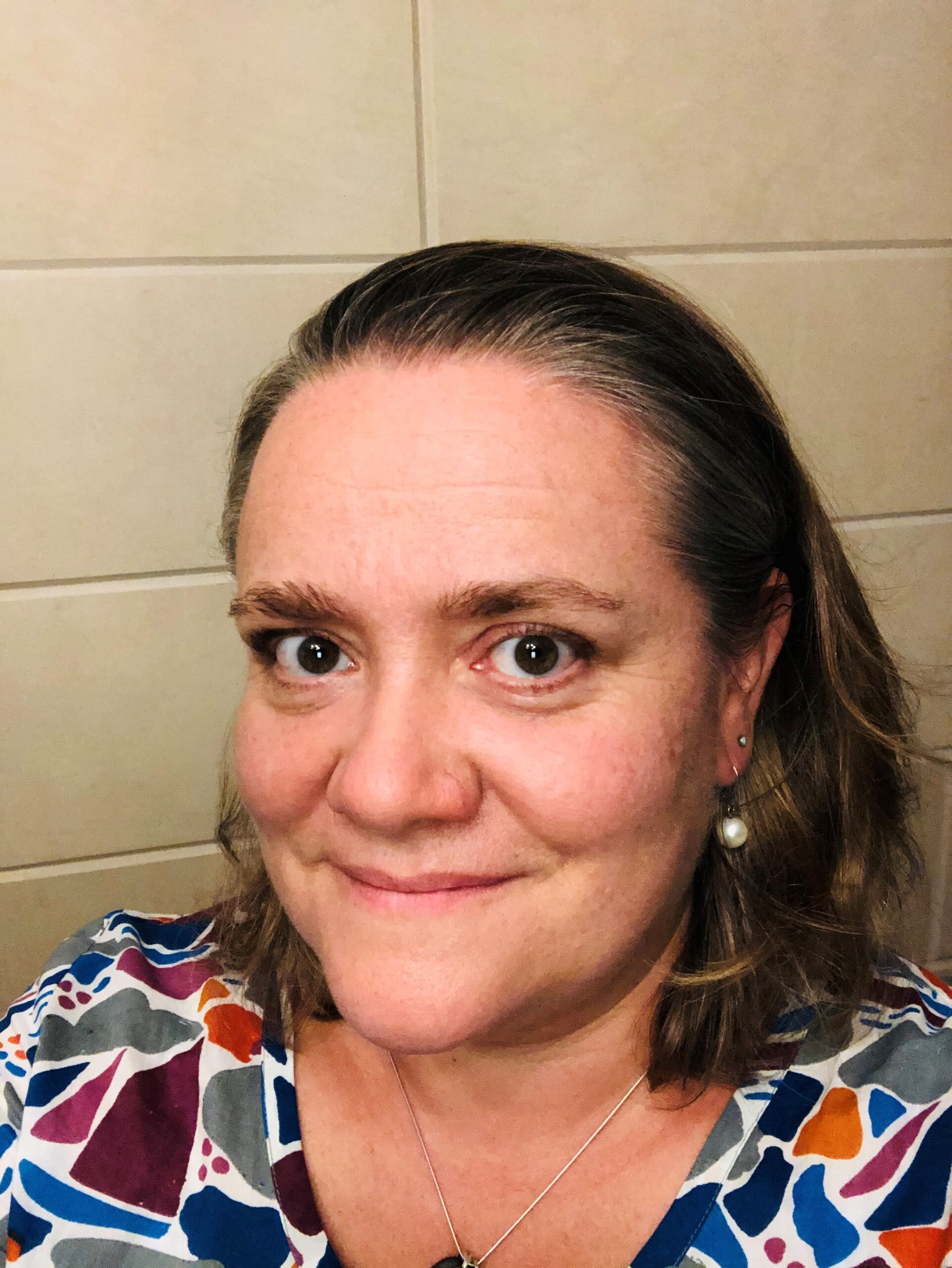
Jen MacArthur
the Regional English Language Officer (RELO) for Ukraine, Poland, Hungary, Romania, and Moldova, based at the U.S. Embassy in Warsaw. She was previously RELO in Rabat, Belgrade, Islamabad, and Mexico City. Before becoming a RELO, Jen taught at the University of Vaasa (Finland) and the University of Bucharest and taught English as a Second Language and Social Studies at the elementary and high school levels in Washington, DC and in her home state of Maine. Professionally, Jen is especially excited about visual literacy and place-based learning. In general, she’s a strong believer in the transformative power of educational exchange. In her free time, Jen tries to learn languages, grows things on her balcony, and knits socks.
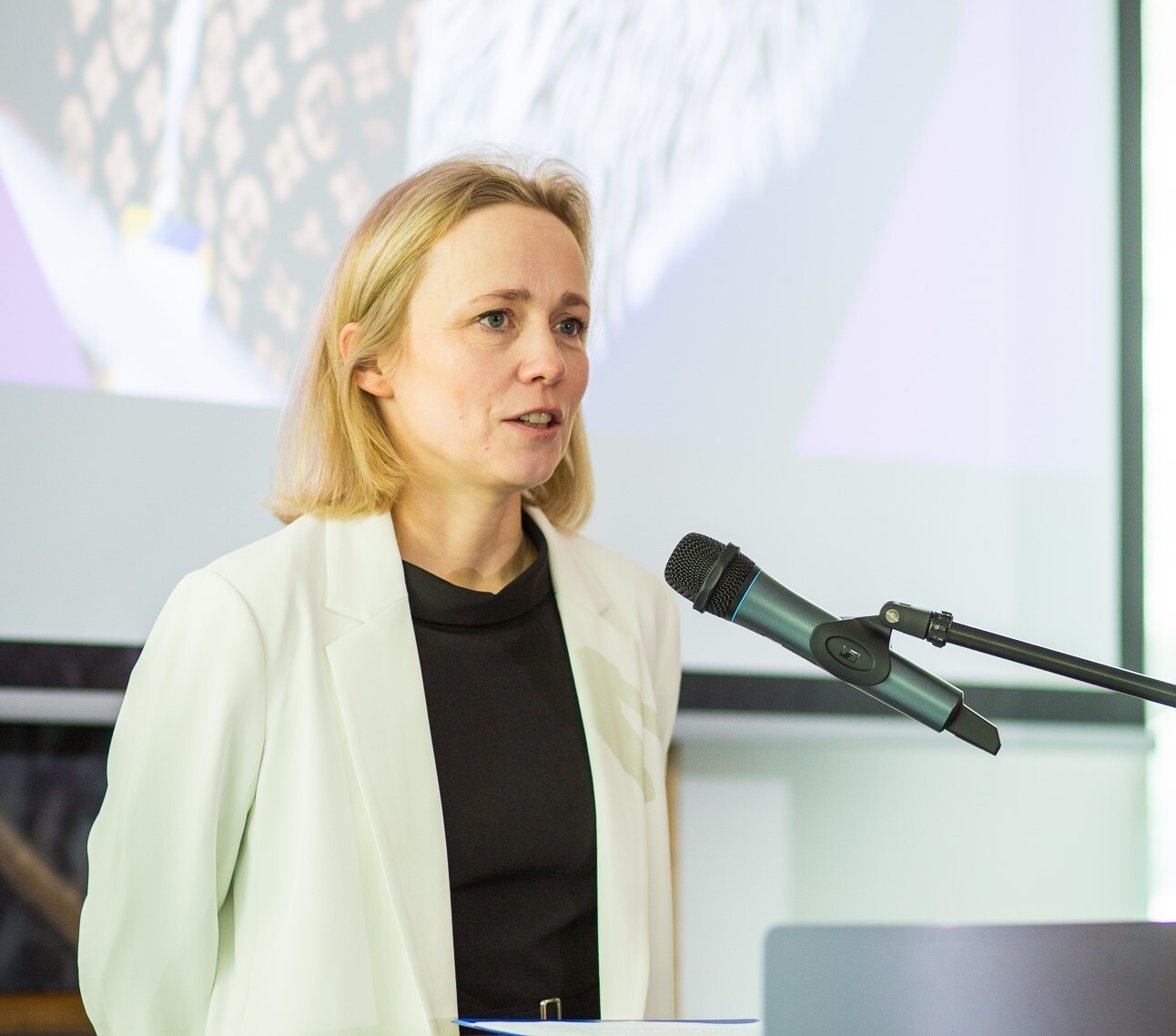
Karolina Kasperska
an English and German teacher with a strong background in organizational and project management. Her areas of expertise include teacher training, English Language Teaching, and Education in Emergencies. She is particularly interested in ELT research, focusing on technology integration, language skills, and teacher needs.
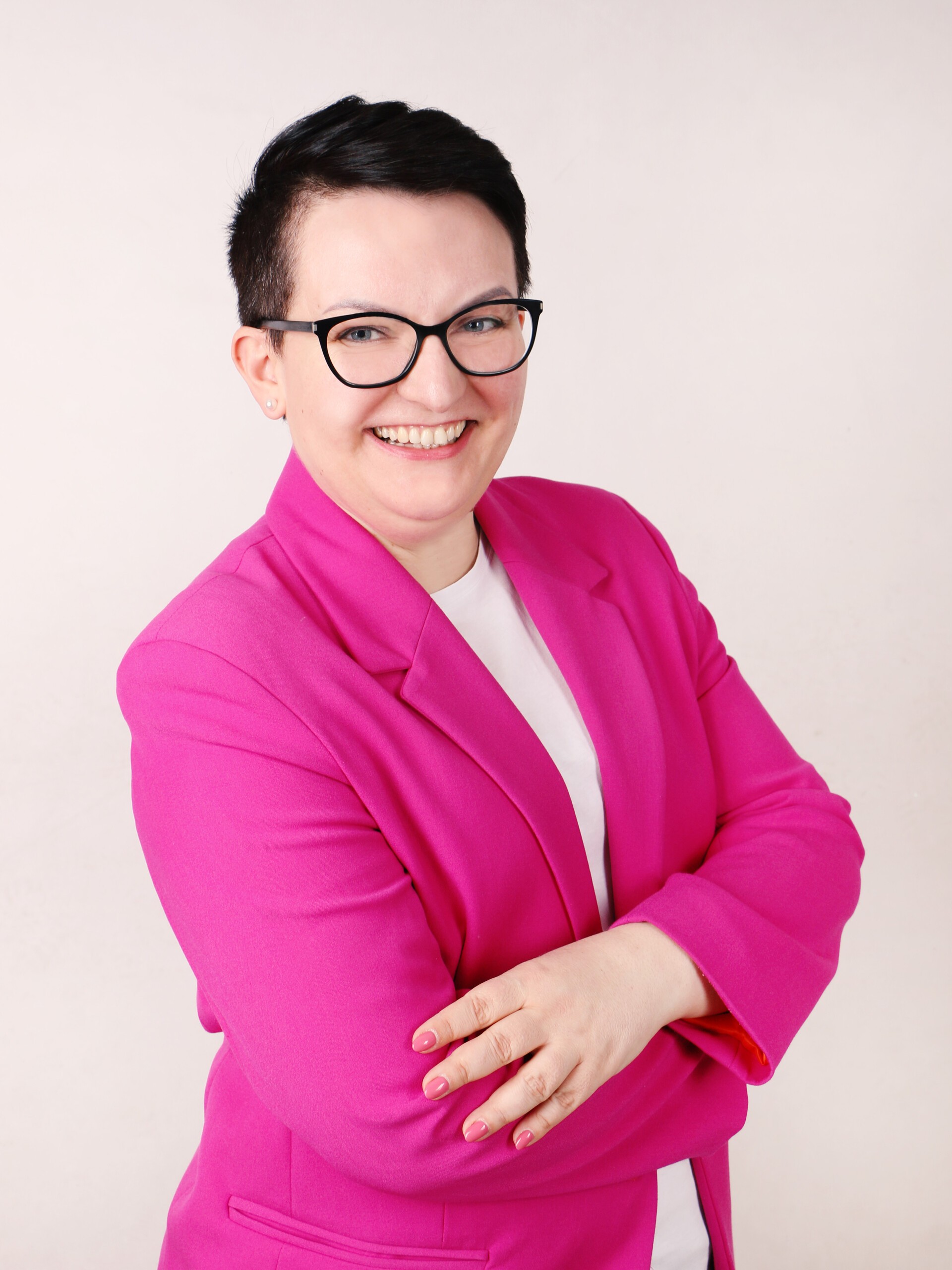
Katarzyna Czerniejewska
an English teacher with 20 years of experience teaching children of various age groups . Not an experienced trainer, but very enthusiastic about sharing with other teachers.
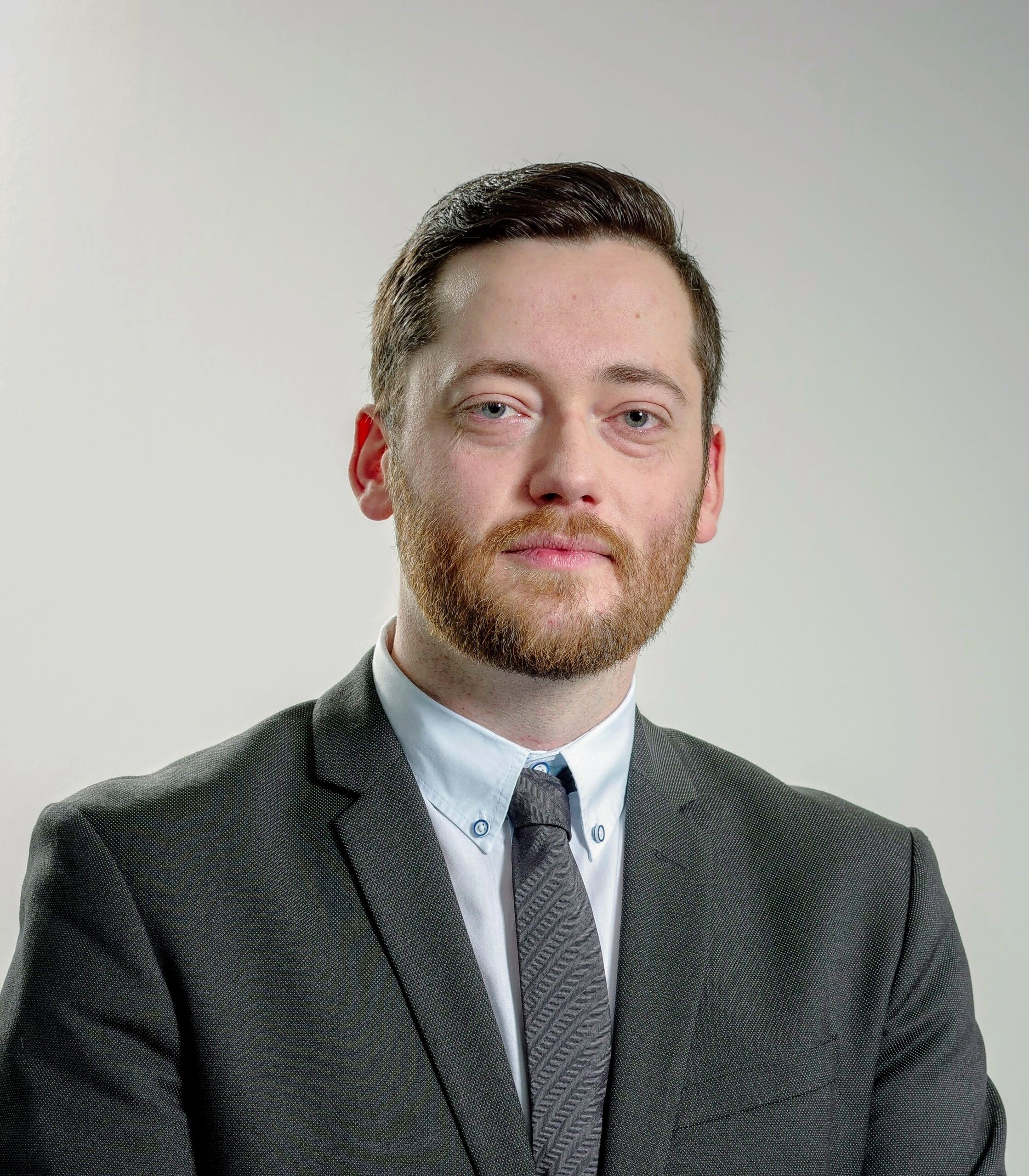
Piotr Pluskota
a graduate of the University of Warsaw and an English teacher with 15 years of experience teaching various age groups with different needs and requirements. Piotr has collaborated with Cambridge Assessment English, serves as a supervisor for Cambridge Qualifications written exams, and is a trainer who has regularly worked with the British Council, delivering presentations and training sessions.
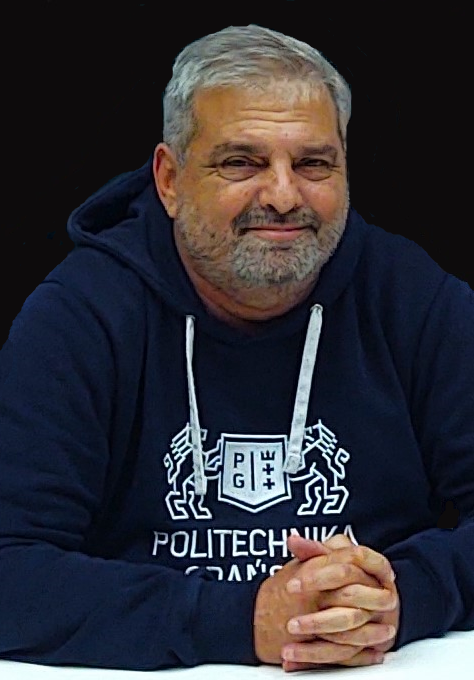
Rob Howard
the IATEFL Poland President, former IATEFL BESIG Joint Coordinator, Online Language Center and Business Language Training Institute owner, Gallery Teachers Masterclass presenter, iTDi TOEFL trainer, and EFLtalks and Independent Authors & Publishers founder; an international speaker, teacher, trainer, and author on Business English, Teacher Development, Entrepreneurship, teaching online and technology.
Miejsce szkolenia:
Cena:
forma bezpłatna
Informacje organizacyjne:
- Warunkiem zapisania na szkolenie jest posiadanie swojego indywidualnego konta w Systemie Obsługi Szkoleń PCEN. Konto zakłada się raz – tutaj – i jest chronione indywidualnym hasłem.
- Przy rejestracji na kolejne szkolenia posiadacz konta loguje się tutaj, wybiera odpowiednią formę doskonalenia i potwierdza, klikając "Zarejestruj mnie".
- Po zarejestrowaniu system wyświetla informację o przyjęciu zgłoszenia. Swój status można sprawdzić w widoku konta – w sekcji "Moje szkolenia".
- Na kilka dni przed szkoleniem koordynator prosi zarejestrowanych na liście głównej o potwierdzenie udziału w szkoleniu poprzez kliknięcie linku przesłanego na adres mail lub w sekcji "Moje szkolenia".
- Każdy posiadacz indywidualnego konta po zalogowaniu w Systemie Obsługi Szkoleń PCEN ma bezpośredni dostęp do informacji o swoich szkoleniach w sekcji "Moje szkolenia" oraz możliwość modyfikacji danych – na granatowym pasku, w prawym górnym rogu ekranu.
- Jeżeli masz specjalne potrzeby związane z udziałem w szkoleniu, prosimy o ich zgłoszenie koordynatorowi. Dzięki temu odpowiednio przygotujemy miejsce spotkań stacjonarnych i zapewnimy Ci stosowny komfort pracy.
- W szkoleniach mogą wziąć udział wyłącznie osoby, które potwierdziły swój udział.
- Po szkoleniu uczestnicy, których obecność została odnotowana w systemie przez koordynatora, otrzymują:
- anonimową ankietę ewaluacyjną, której wypełnienie zajmuje ok. 5 min. (można ją wypełnić również w widoku swojego konta, w przypadku sieci ankieta udostępniona jest na koniec pracy sieci),
- materiały – drukowane lub link do wersji elektronicznej (zgodnie z programem i ustaleniami z prowadzącym),
- zaświadczenie w wersji elektronicznej – plik pdf do pobrania w koncie uczestnika (zaświadczenia o udziale w sieci wystawione są na koniec roku szkolnego)
ZAPLANOWANA LICZBA MIEJSC:
75
Koordynator:
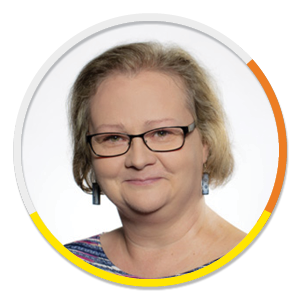
Małgorzata Bukowska-Ulatowska
nauczyciel konsultant ds.edukacji j. obcych, koordynator Regionu Gdańsk IATEFL Poland
e-mail: malgorzata.bukowska@pcen.gda.pl
tel. 58 340 41 43
Zobacz serwis tematyczny PCEN: Języki obce nowożytne
